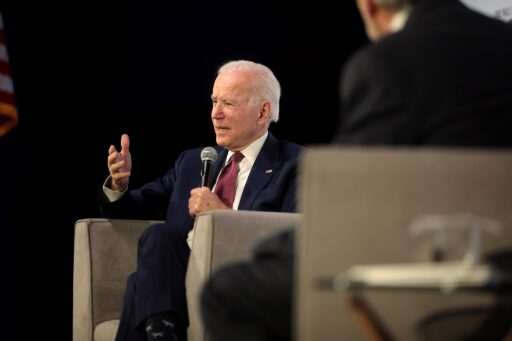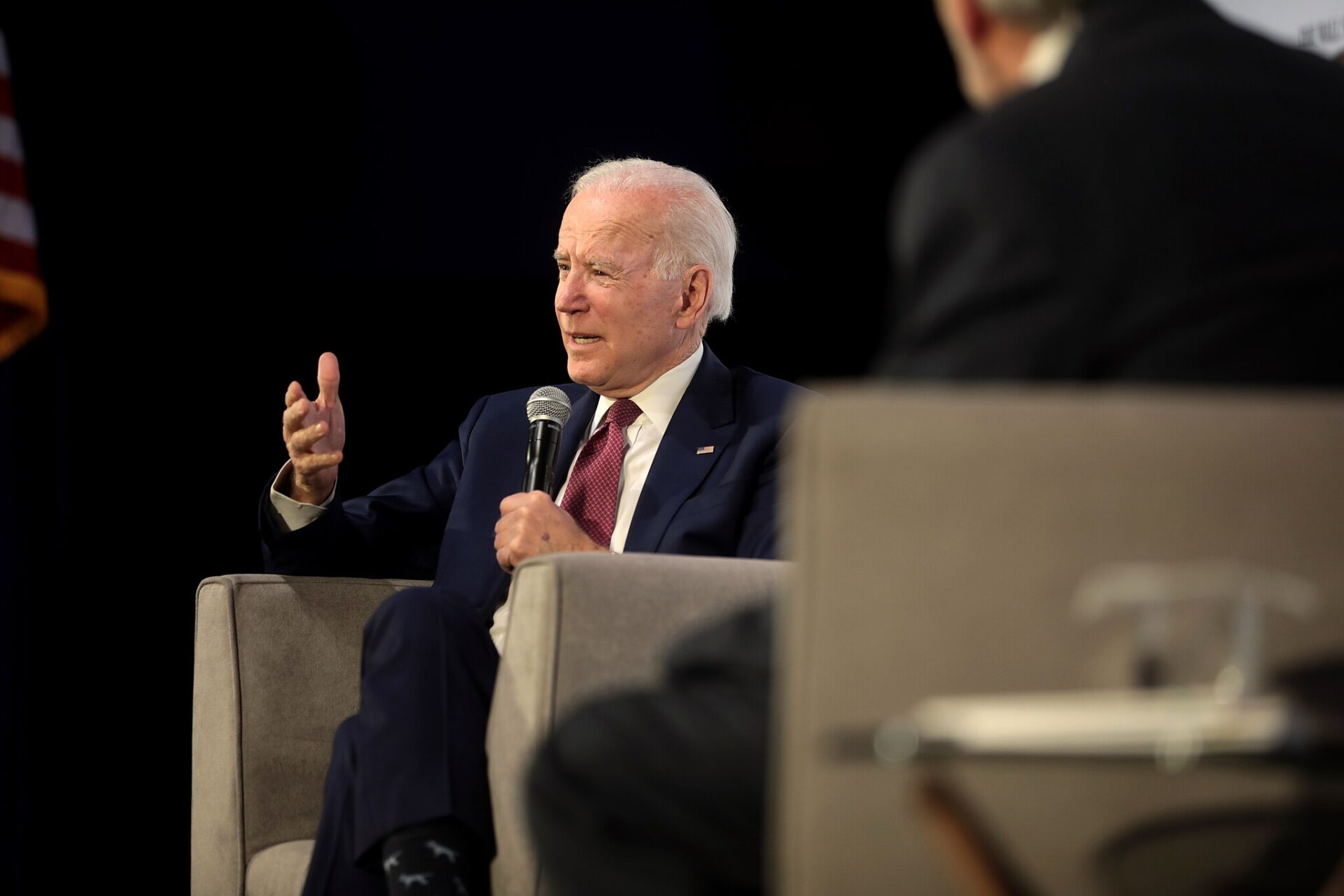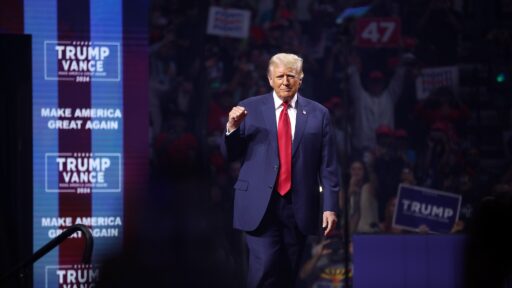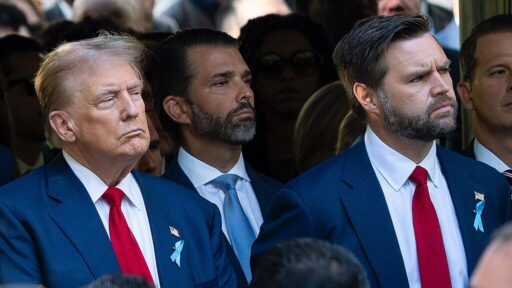Colleges Prepare For Trump’s Presidency
As President Trump prepares for his return to the White House, colleges and universities are bracing for significant changes in both policy and political climate. These shifts, which could dramatically impact higher education, come in the wake of Trump’s tough stance on immigration, political correctness, and funding for institutions perceived to be too left-leaning.
One major concern for academic institutions is the potential for stricter immigration policies that could affect both students and staff. Trump’s 2024 campaign has emphasized a more aggressive approach to border control, including the largest deportation operation in U.S. history. This could directly affect international students, particularly those from countries with temporary protected status or who hold student visas. While colleges and universities are staying quiet about their plans, many are anxious about the possibility of mass deportations or legal challenges to the status of foreign students and faculty.
The Trump administration has previously proposed eliminating DACA protections, which would impact students brought to the U.S. as children. Although Trump has suggested a willingness to reach a deal, his track record suggests that DACA recipients may face uncertainty in the years ahead. Many institutions have encouraged these students to renew their DACA status, hoping to provide them with continued security in a changing landscape.
Another concern is the future of H1-B visas, which allow U.S. employers to hire foreign workers in specialized fields. While universities are currently exempt from H1-B caps, Trump’s administration has signaled that it could reevaluate this exemption, possibly leading to increased restrictions on universities’ ability to hire international staff and researchers.
In addition to immigration issues, Trump has threatened to cut funding to colleges and universities that promote diversity, equity, and inclusion programs. His administration has also signaled an intention to target institutions that teach programs like critical race theory, warning that such schools could lose accreditation, which would have devastating financial consequences.
On the topic of protests, college campuses have seen increasing political activism, especially in the wake of global conflicts like the Israel-Hamas war. Protests have led to class disruptions and even cancellations of important events, including graduation ceremonies. Trump has been particularly vocal in his threat to go after the visas of international students participating in pro-Palestinian demonstrations, signaling that the protests could lead to more significant scrutiny from the federal government.
For many higher education administrators, the challenge is twofold: balancing the increasingly polarized political environment with their duty to provide a safe and supportive campus for students, while also navigating the ever-changing landscape of federal policy under a second Trump presidency. As tensions rise and potential restrictions on both students and faculty loom, universities are preparing for what could be a highly charged and uncertain political climate.
In short, the return of President Trump promises to bring significant changes to the world of higher education. From the future of immigration policy to the threat of funding cuts and campus unrest, colleges and universities will need to brace for a new, more conservative era of governance that could reshape higher education for years to come.







